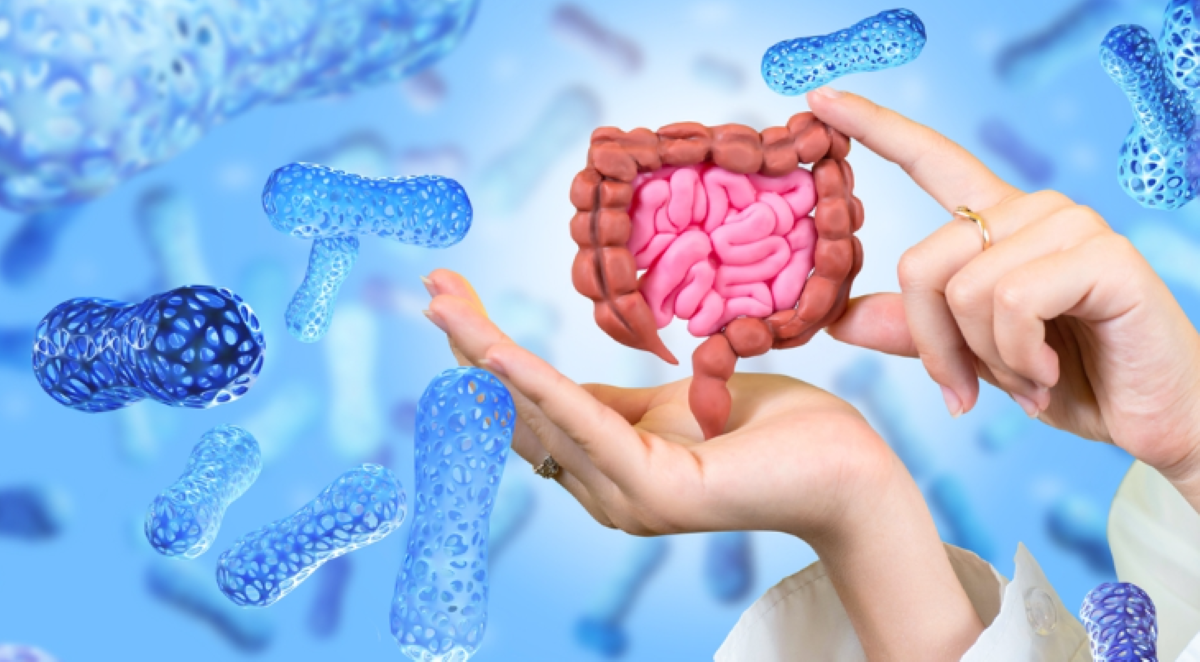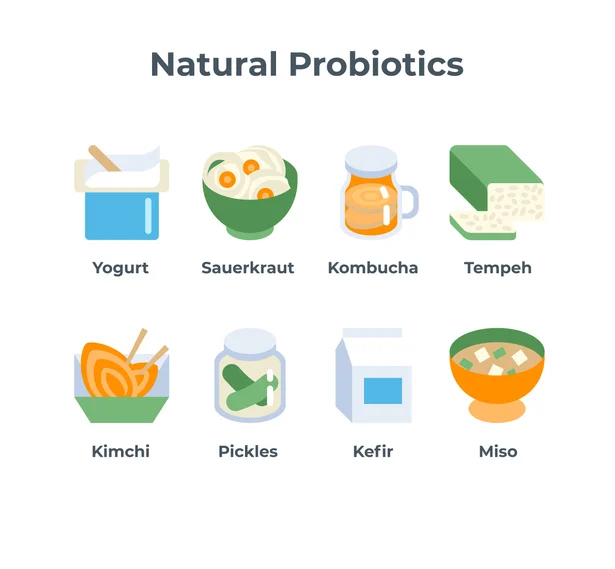
Healthy Gut Leads To A Healthy Life
We’ve all heard the growing conversation about gut health. It’s no longer just about having a happy stomach; a flourishing gut microbiome is increasingly linked to various aspects of our health, including our immune function, mental well-being, and skin condition. However, amidst the fast pace of modern life and the tempting array of readily available foods in the UK, are we truly nurturing the delicate ecosystem within us? Let’s explore the effects of the typical UK diet on our gut microbiome and discover ways to foster a healthier internal environment.
The Modern UK Diet: A Mixed Bag for Our Microbes
Many people in the UK have dietary habits that include quick meal deals for lunch, ready-made dinners, and processed snacks. Although convenient, these choices often overlook essential elements that support gut health:
Low in Fiber: A healthy gut depends on fiber, which is often missing from fruits, vegetables, and whole grains. Beneficial bacteria break down fiber, creating short-chain fatty acids (SCFAs) such as butyrate that support the gut lining and provide anti-inflammatory advantages.
High in Processed Foods: These foods often include refined sugars, unhealthy fats, and additives, which disrupt the gut microbiome and encourage the growth of less beneficial bacteria.
Limited Variety: A varied diet promotes a diverse gut microbiome, which is crucial for overall health. Yet, the contemporary UK diet tends to be monotonous, restricting the nutrients that nourish different bacteria.
Over-reliance on Animal Products: A diet rich in animal products and low in plant-based foods can impact the makeup of gut bacteria.
The Consequences of Digestive Health and Beyond
Dietary patterns significantly affect our digestive health. Dysbiosis, an imbalanced gut microbiome, can manifest through symptoms like:
– Gas and bloating
– Unpredictable bowel movements
– Discomfort
– In the abdomen – Increased vulnerability to digestive issues, such as IBS
However, the consequences extend beyond mere gastrointestinal distress. Research increasingly connects an unhealthy gut microbiome to:
– Compromised immune system
– Increased inflammation in the body
– Mood-related disorders and anxiety
– Skin issues like eczema
– Potential metabolic problems
Nurturing Your Inner Garden: Dietary Strategies for a Healthier Gut
The encouraging news is that we have significant control over the composition of our gut microbiome through our dietary choices. Here are some key strategies to consider:
Embrace Fiber-Rich Foods: Gather a diverse assortment of fruits and vegetables (try to choose colorful options!), whole grains like oats and brown rice, along with lentils and beans. These foods supply energy for helpful bacteria.
Prioritize Plant-Based Meals: Add more vegetarian or vegan dishes to your weekly diet. Plant-based foods are naturally rich in fiber and contain various compounds that promote a healthy microbiome.
Choose Whole, Unprocessed Foods: Whenever you can, choose fresh, minimally processed ingredients. Preparing meals from scratch allows for better control over your ingredients.
Be Mindful of Sugar and Artificial Sweeteners: Cut back on sugary drinks, processed snacks, and foods high in artificial sweeteners, as these can negatively impact the gut microbiome.
Stay Hydrated: Staying properly hydrated is essential for overall digestive health and supports effective gut function.

Natural Probiotic Foods
The Role of Probiotics
Probiotics are live microorganisms that offer health benefits to the host when consumed in adequate amounts. They are present in certain foods, especially fermented varieties, and are also available as supplements. Although probiotic supplements can be advantageous for some, it is important to understand that a varied, fiber-rich diet is fundamental for maintaining long-term gut health. Therefore, view probiotics as potentially beneficial supplements to your health routine rather than replacements for healthy eating practices.
Looking for more personalized advice and support on your gut health journey? Visit us at www.gpshealthonline.com to explore our resources and connect with our healthcare professionals.
Taking Control of Your Gut Health Journey
Understanding how the modern UK diet influences our gut microbiome is essential for achieving positive change. By incorporating more fiber-rich, whole, and plant-based foods into our meals and exploring various fermented options, we can nurture a healthier internal ecosystem. Caring for our gut not only enhances our overall well-being but also promotes better digestive health. Let’s embark on this journey toward making gut-friendly choices today!

